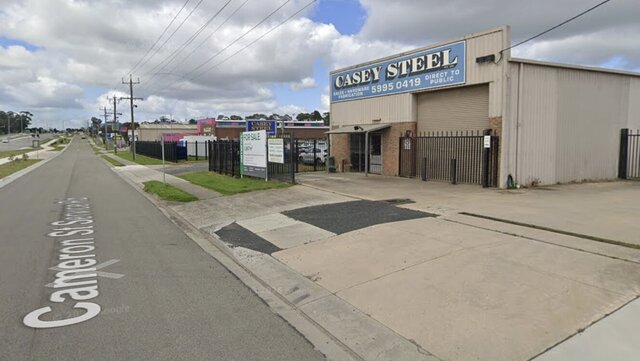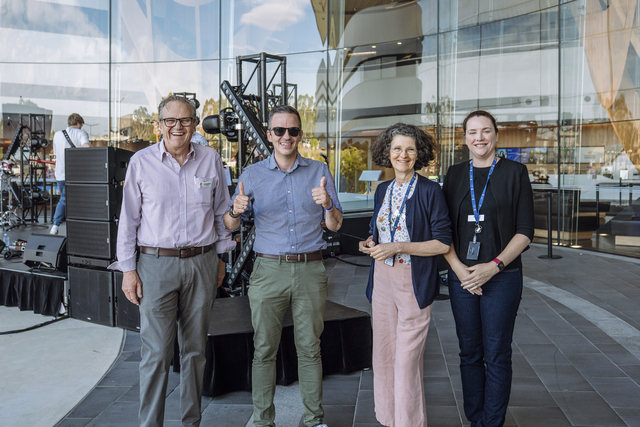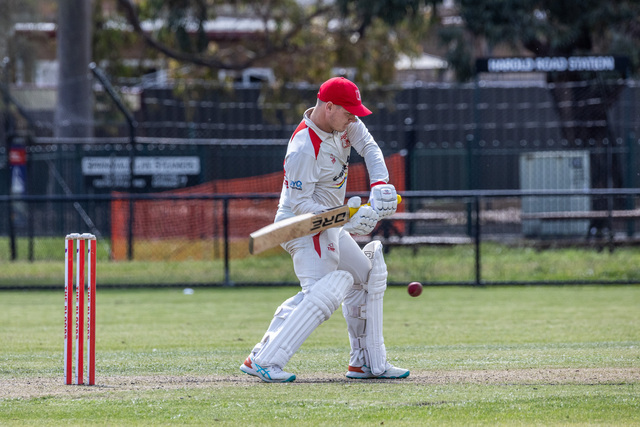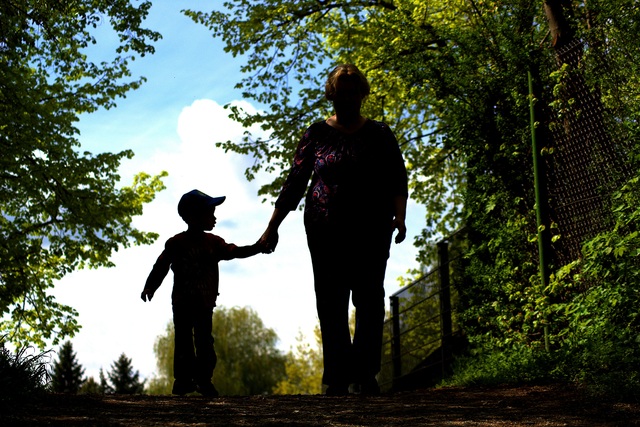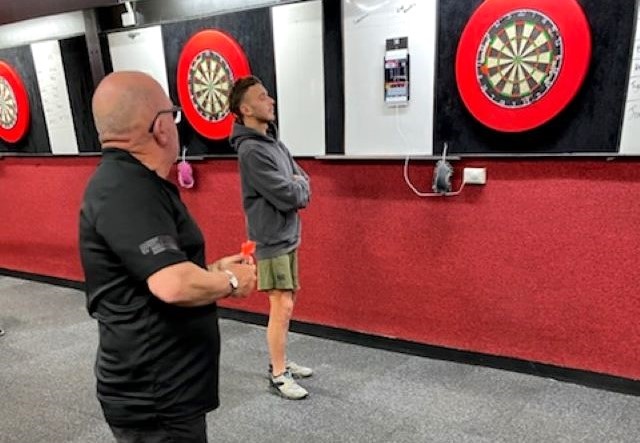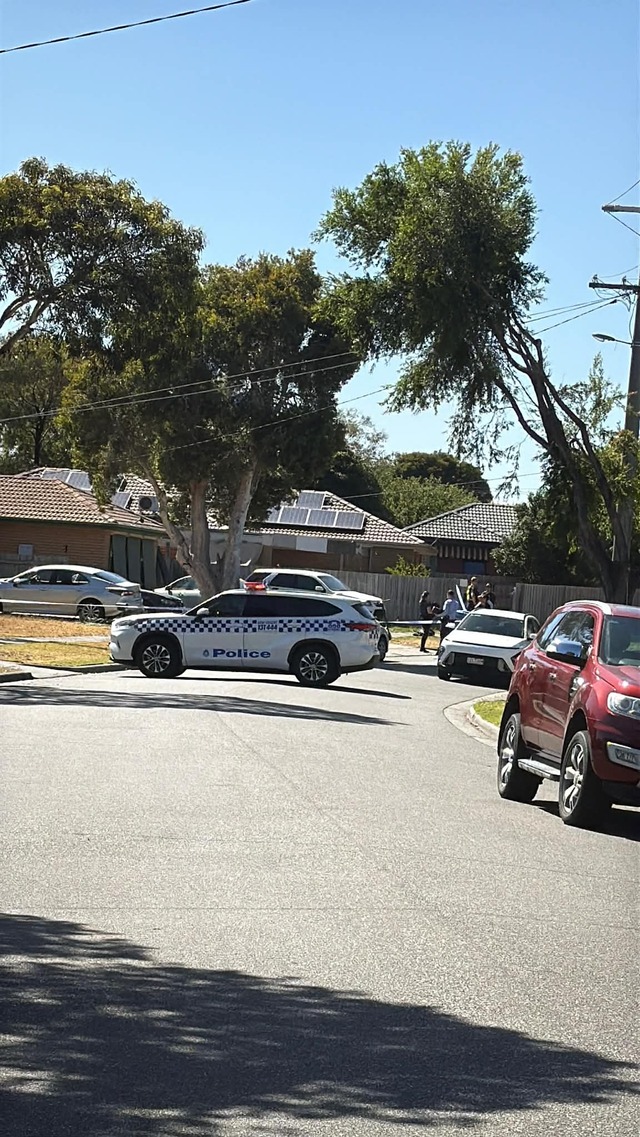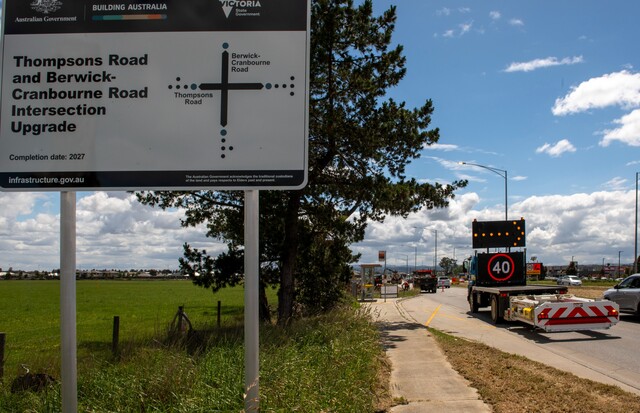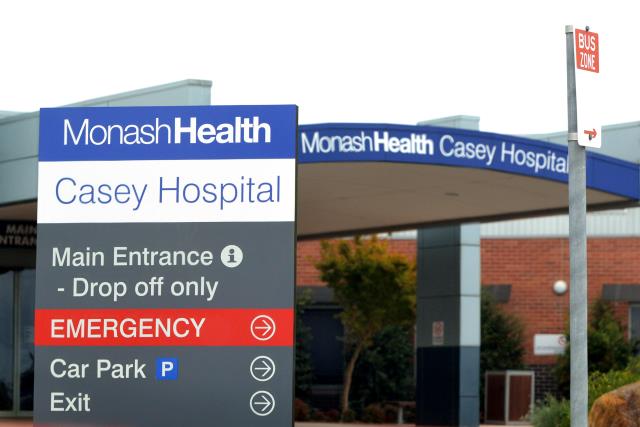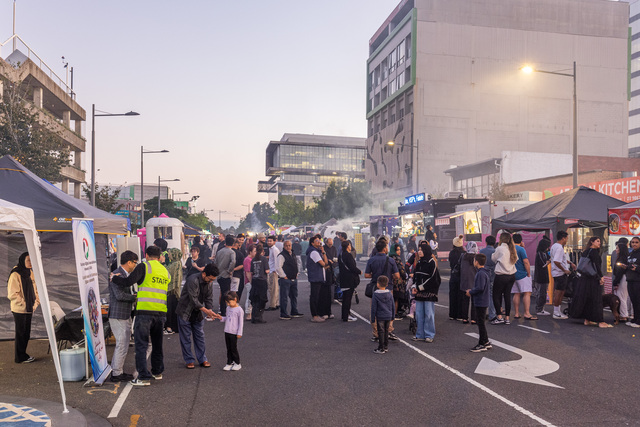By Cam Lucadou-Wells
Casey councillor Milla Gilic has called for a “crisis meeting” between the council and community organisations to solve the municipality’s emergency-housing shortage.
At a council meeting on 2 May, Cr Gilic shared harrowing stories of vulnerable families sheltering in cars for a range of reasons including domestic violence and poverty.
She told of a mother and her VCE-student son living in a car for several months. A local homelessness service had only been able to provide them shelter in a motel for a few days, Cr Gilic said.
In another case, a mother with stage-four cancer and her 30-year-old autistic son were also without a home.
They were not sure how long they could stay in emergency accommodation.
Cr Gilic said there were groups, including national organisations, willing to back a solution with “significant monetary support” – providing that the need was proven.
She said the solution may not involve a further financial commitment from Casey Council.
Councillors unanimously backed Cr Gilic’s motion for the meeting between councillors, council officers and possible donors, and for a council report on how Casey Council could assist.
Cr Geoff Ablett said Cr Gilic had garnered significant financial pledges to solving a problem that entrapped “thousands” in Casey.
The latest social housing waiting list for the southern metropolitan region, including Casey and Greater Dandenong, is more than 4000 – including 701 waiting for priority-access.
WAYSS homelessness services manager Jen Kelly said families living in cars was the “real” picture of homelessness – rather than people sleeping in Swanston Street.
“It’s really tough out there. There’s a shortage of available properties and we try not to send people away.
“We need governments to stop their politicising these poor people who are homeless.”
On latest figures, there were 21 known individuals “sleeping rough” in cars, crisis accommodation, tents or parks in Cranbourne, Lynbrook and Hampton Park, Ms Kelly said.
Recently, WAYSS was able to help 39 families or individuals with $54,000 of private rental access funding since March, and was looking forward to more of the funds as part of a State Government initiative.
It helps families who are moved on by private landlords get a bond and a first month’s rent for a new tenancy.
Part of the problem was a lack of affordable rentals. It was common for people to apply for up to 40 rental properties, Ms Kelly said.


